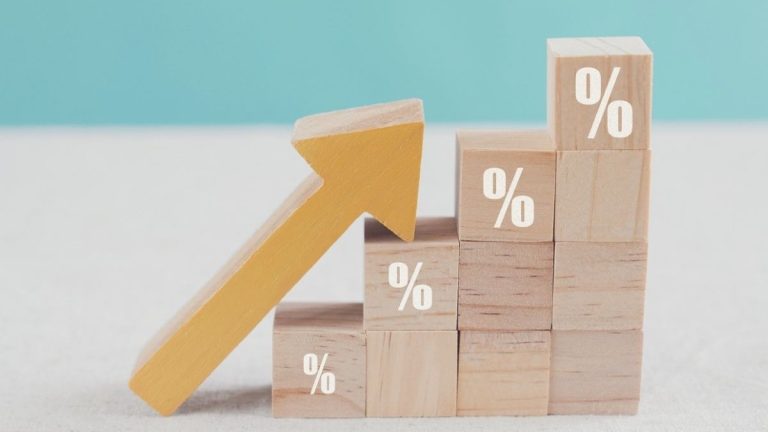Brazil’s Gambling Oversight to Incorporate Salaried Law Enforcement Personnel

As a result of the ongoing match-fixing scandal in Brazilian sports and the introduction of legalized sports betting, a wave of radical reforms is on the horizon. Among these changes is the formation of a new government regulatory body that will monitor the gaming industry and include federal police officers and financial detectives.
After releasing a temporary law to establish national standards for sports betting, the Brazilian government is pushing the proposal ahead. The National Secretariat of Prizes and Bets (SNPA) will soon be established as a regulatory body to oversee the implementation of gambling and betting regulations and to lead the fight against illegal gaming.
The SNPA is poised to take on a crucial role since it reports directly to the Ministry of Finance and is presently being led by Fernando Haddad, the principal author of the interim measure. New job opportunities will likely emerge as a result of this change, as well as the merging of law enforcement and finance expertise.
Four separate departments, including Accreditation, Supervision, Vigilance, and Sanctions, will make up the newly formed regulatory body. According to a statement released by the Ministry of Finance, the company has a total of 54 posts with clear responsibilities for 60% of them. There is, however, a growing movement inside the Ministry that is trying to have more jobs approved.
Funding Plans
Initially, the SNPA will have a modest budget to avoid waste. The budgeted starting operating expenditures for the first year are roughly BRL4 million (US$815,000), with most of that sum going toward the purchase of necessary equipment and hiring of necessary employees.
Police personnel from the Federal Police and the Council for the Control of Financial Activities (COAF) will be part of the SNPA. However, it is unclear if their wages would be covered by the SNPA’s budget or whether they will continue to be paid by their respective government agencies.
The Benefits
With the addition of police personnel, the SNPA will have direct law enforcement backing, increasing its ability to shut down illegal betting activities when required. At the same time, COAF agents will be thrust into the front lines, where they may use their expanded data resources to monitor financial activities and stave off cases of money laundering more closely.
The Brazilian market is still very appealing to the gaming industry, although the preliminary legislation increases the gross gaming income tax rate to 18% from the previously expected 5% and levies a BRL30 million (US$6 million) fee for a sports betting license. With projected revenue of BRL2 billion (US$407 million) in 2024, regulated sports betting in the nation has the potential to create both increased regulatory monitoring and economic development.



